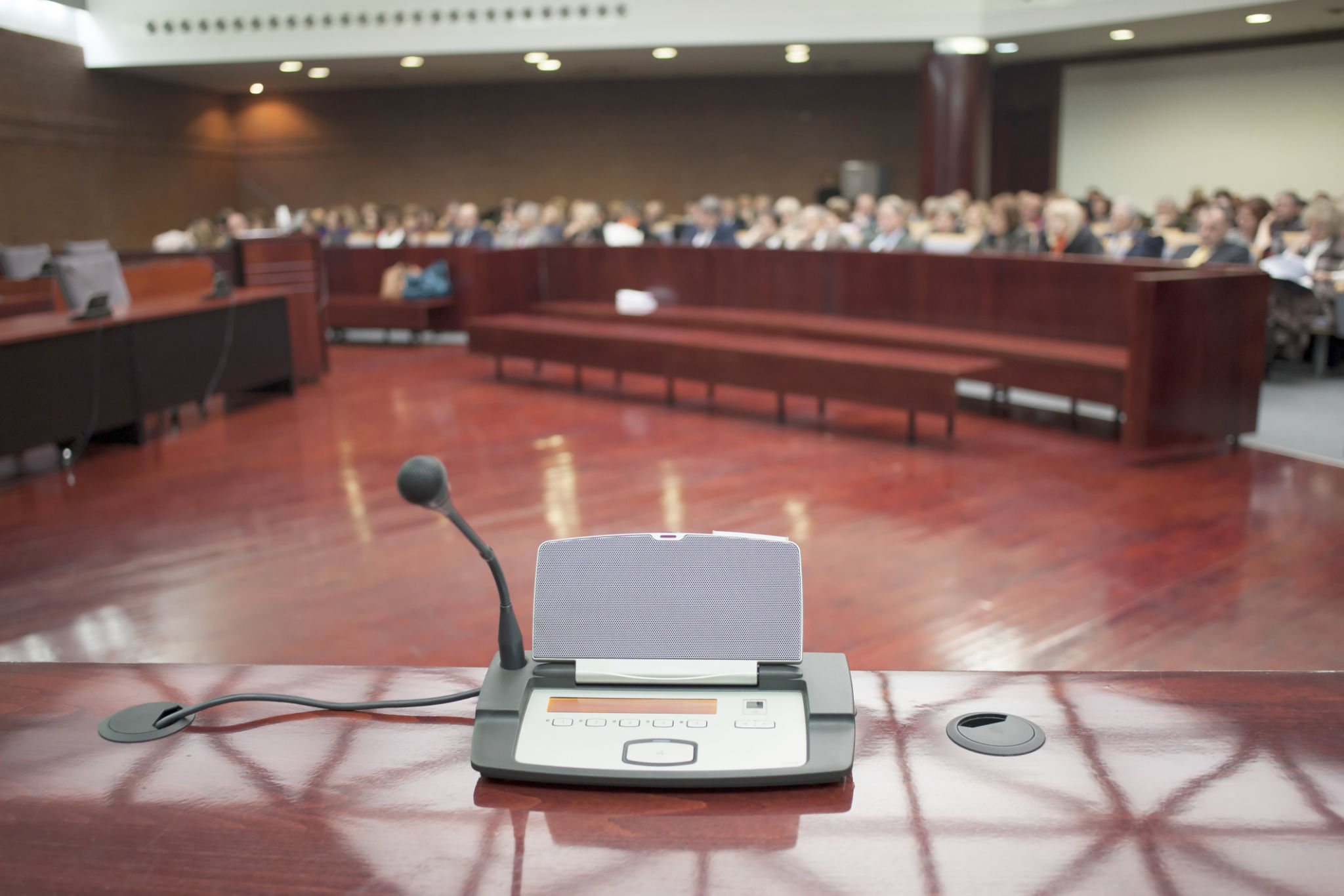The Role of a Sudski Preveduvac in Legal Proceedings: What You Need to Know
Understanding the Role of a Sudski Preveduvac
In legal proceedings, effective communication is crucial. This is where the role of a Sudski Preveduvac, or court interpreter, becomes indispensable. They bridge language barriers, ensuring that all parties involved understand the proceedings accurately. A Sudski Preveduvac is not just a translator; they are a certified professional who understands the nuances of legal terminology.
Their expertise is vital in cases involving non-native speakers, ensuring that justice is served fairly and impartially. By providing accurate interpretations, Sudski Preveduvacs help maintain the integrity of legal processes. Their presence ensures that all involved parties can participate fully, regardless of their native language.

Certification and Skills Required
Becoming a Sudski Preveduvac requires rigorous training and certification. They must possess a deep understanding of both languages they work with, as well as a comprehensive knowledge of legal terms and procedures. This expertise allows them to provide accurate and unbiased interpretations during legal proceedings.
Moreover, Sudski Preveduvacs must exhibit strong communication skills and cultural sensitivity. Being able to interpret not only words but also the context and intent behind them is crucial. This helps in avoiding misunderstandings that could potentially affect the outcome of a case.
The Importance of Cultural Awareness
Cultural awareness is an essential skill for a Sudski Preveduvac. Legal systems and procedures can vary widely across different countries and cultures. A court interpreter needs to be aware of these differences to accurately convey meanings and contexts that might otherwise be lost in translation.

Challenges Faced by Sudski Preveduvacs
Working as a Sudski Preveduvac can be challenging. The pressure to deliver accurate interpretations in real time can be intense, especially in high-stakes legal proceedings. Misinterpretations can lead to serious consequences, affecting the fairness of the trial and potentially leading to appeals or retrials.
Furthermore, they often deal with complex legal jargon and emotionally charged situations. This requires them to remain impartial and focused, ensuring that their interpretations are free from personal bias or influence.
Technological Advancements and Their Impact
With advancements in technology, tools like automated translation services are becoming more prevalent. However, these tools cannot replace the expertise of a certified Sudski Preveduvac. Legal interpretations require a nuanced understanding that technology alone cannot provide. Human interpreters remain essential in ensuring precision and reliability in legal contexts.

The Future of Court Interpretation
The demand for skilled Sudski Preveduvacs continues to grow as globalization increases. As more people move across borders for work, education, or refuge, the need for reliable court interpretation services becomes ever more critical.
Investing in the training and development of court interpreters is essential for maintaining fair and just legal systems worldwide. Their role will continue to evolve alongside advancements in technology, but their importance in ensuring equitable legal proceedings remains unchanged.